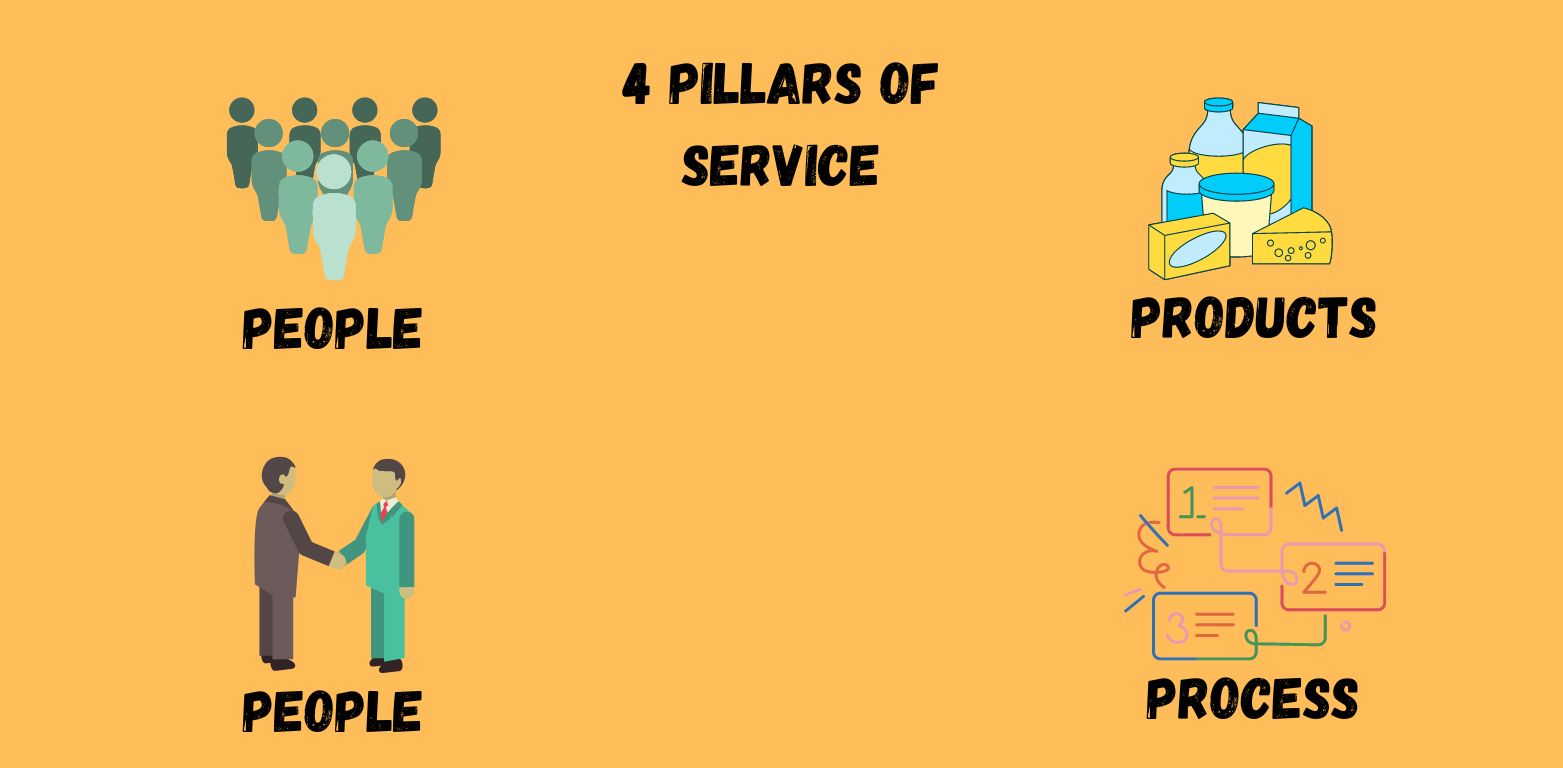Table of Contents
ToggleWhat are the 4P of design?
Design is one of the main steps in the marketing or branding process. It has certain guiding principles that help tackle various difficulties and give direction to any project.
The 4 Ps of design are:
- People
- Process
- Products
- Partners
In the next section, we’ll study in detail the 4Ps of design and how they altered the designing scene in marketing. It brings innovation, creativity, and consideration for the consumers to the table.
What are the 4 pillars of service design?
Service Design is an essential component of the IT Department. It refers to a process where designers create sustainable solutions for both the business and consumers in any field. Designers break down the services into smaller sections and find optimal solutions for all of them to cater to the needs of the receiving parties based on different factors.
It is necessary to follow the principles of service design to ensure consistency and integration in all the activities of IT services.

People
People are a fundamental part of any service of the business. They are the ones looking at the requirements of the consumers and working on the solutions. An organization should make sure they have a sufficient number of employees to work on IT services. Another important aspect is that the people working should also have the necessary skills needed for the job.
Products
They are the tools and products used to deliver the services. Before taking up a new project or service, an organization should make sure they have the right amount of products, meaning tools and processors that will be used in the process.
Partner
An organization needs reliable partners for a service design to succeed. These partners could be internal or external such as suppliers, manufacturers, or contractors. As a service provider, an organization may not have all the necessary skills and that’s where partners come into the picture. They are the supporting third parties.
Process
The process involved in a project is a culmination of small steps that when combined give a desired result. These processes can be of different forms and under different heads. It’s necessary to define roles and responsibilities within processes so there’s better accountability and efficiency.
The 4Ps together serve as the backbone of the service design industry. They guide and assist designers in their projects.
Who came up with the 4 Ps of creativity?
There has been a long discussion on the Ps or principles of creativity but in 1961, Mel Rhodes published an article “An Analysis of Creativity” where he defined the 4 Ps.
For the longest time, he was trying to define creativity but it led to nothing until this article. His 4 Ps are still in use and are followed by people working in the creative field widely. His 4 Ps were:
- Person
- Process
- Press
- Product
These when combined with the 4 Ps of design thinking give a better and more accurate model of marketing to understand.
Use Of the 4P Of Design
The 4 Ps of design are widely used in the creative field. They guide the designers and help them in recognizing the needs and requirements of the consumers. Without implementing these 4Ps, a project won’t be successful as it would lack depth and direction.
These Ps combined to form an efficient work plan and help fall ideas into place. They are usually interconnected and go hand-in-hand. You can’t follow one, and leave another. When taken together, and used step by step, they result in a concrete plan and hence a successful project.
Conclusion
With this, we can conclude that certain principles are necessary to guide a process, be it creativity or ITIL’s 4 Ps of service design. Each of the P in the process must be carefully analyzed before implementation as it forms the direction of your project. We, as a digital marketing agency, use these principles efficiently in all our projects which eventually makes them successful.

